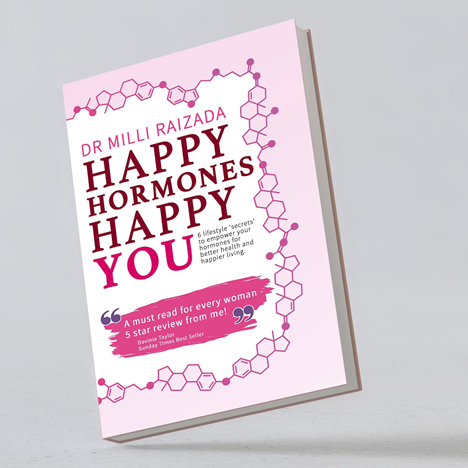Hormones are crucial for health. They are the chemical messengers within our bloodstream that send signals from one place to another, allowing our bodies to communicate and function properly. Without hormones, we would not be able to survive. They play a pivotal role in our overall well-being.
One might think of hormones as simply being responsible for things like mood swings or reproductive functions, but their impact goes far beyond that. Hormones are involved in numerous bodily processes and have a direct influence on our physical and psychological health.
For example, insulin is a hormone that is essential for managing blood sugar levels. Without insulin, our bodies cannot effectively regulate glucose, which can lead to diabetes. Similarly, thyroid hormones are important for setting the metabolic pace of the body. If these hormones are imbalanced, it can result in symptoms such as fatigue, weight gain, and sluggishness.
Hormones also act as neurotransmitters in the brain. Dopamine and serotonin, for instance, are hormones that affect our mood, motivation, and overall sense of well-being. When these hormones are imbalanced, it can contribute to mental health disorders such as depression or anxiety.
Furthermore, hormonal dysfunction is often at the root of many chronic illnesses. Conditions like diabetes, polycystic ovary syndrome (PCOS), and thyroid disorders are all examples of hormonal imbalances that can have significant impacts on our health. By addressing and managing these imbalances, we can prevent or even reverse the progression of these diseases.
The importance of hormones in our health is not limited to a specific gender. While women may have different hormonal fluctuations due to their monthly cycle, the fundamental role of hormones applies to both men and women. Hormonal imbalances can affect anyone, regardless of gender, and understanding how to maintain hormonal balance is crucial for everyone’s well-being.
In her book “Happy Hormones, Happy You,” Dr. Millie, a GP and senior clinical lecturer at Lancaster University, explores the impact of hormones on our health and provides insights into managing hormonal imbalances through lifestyle changes. Her personal journey of experiencing hormone-related symptoms and the lack of attention given to hormone dysfunction in healthcare inspired her to delve deeper into this topic.
Dr. Millie emphasizes the importance of lifestyle medicine in managing hormonal imbalances. She implemented the six pillars of lifestyle medicine, which include nutrition, physical activity, stress management, sleep, social connections, and avoiding risky substances, to improve her own hormone dysfunction. Through these lifestyle changes, she experienced significant improvements in her weight, physical health, and overall well-being.
This highlights the potential power we have in influencing our hormones through our lifestyle choices. By adopting healthy habits and addressing factors that can disrupt hormonal balance, we can optimize our health and prevent the development of chronic illnesses.
In conclusion, hormones are indeed crucial for health. They play a vital role in various bodily functions, impacting our physical and psychological well-being. Hormonal imbalances can lead to a range of symptoms and contribute to the development of chronic illnesses. Understanding the importance of hormones and how to maintain their balance through lifestyle choices is essential for achieving optimal health. By prioritizing nutrition, exercise, stress management, sleep, social connections, and avoiding risky substances, we can harness the power of our hormones and promote a healthier and happier life.

